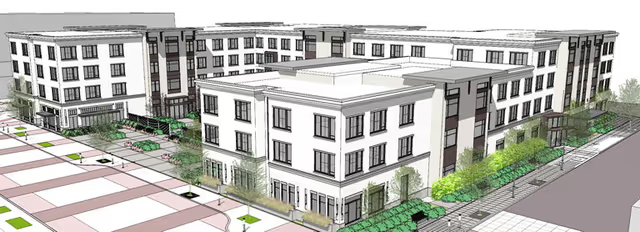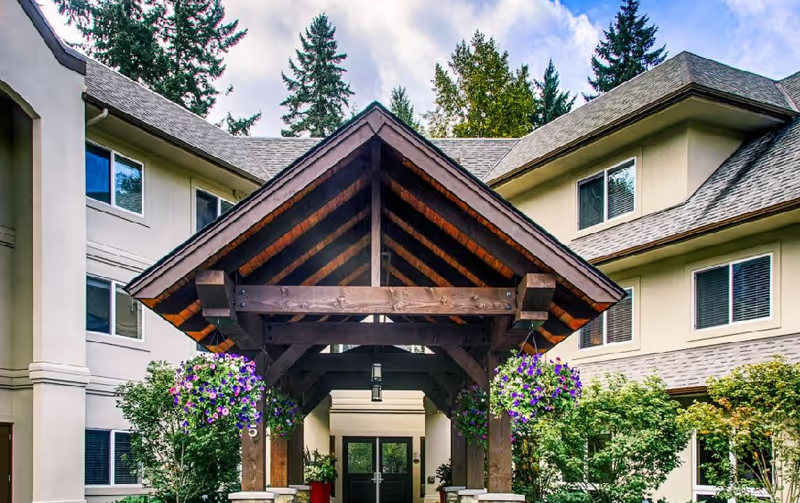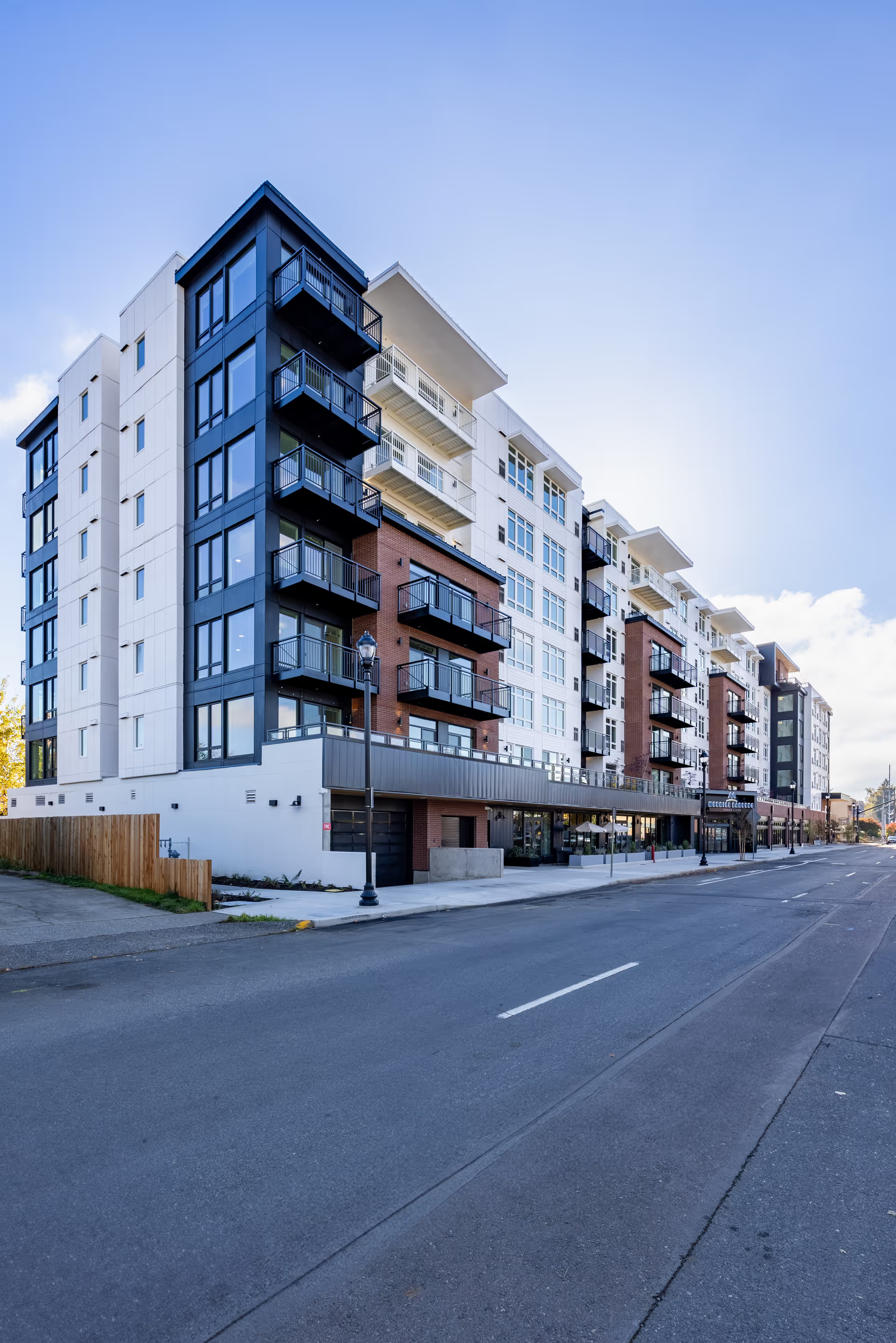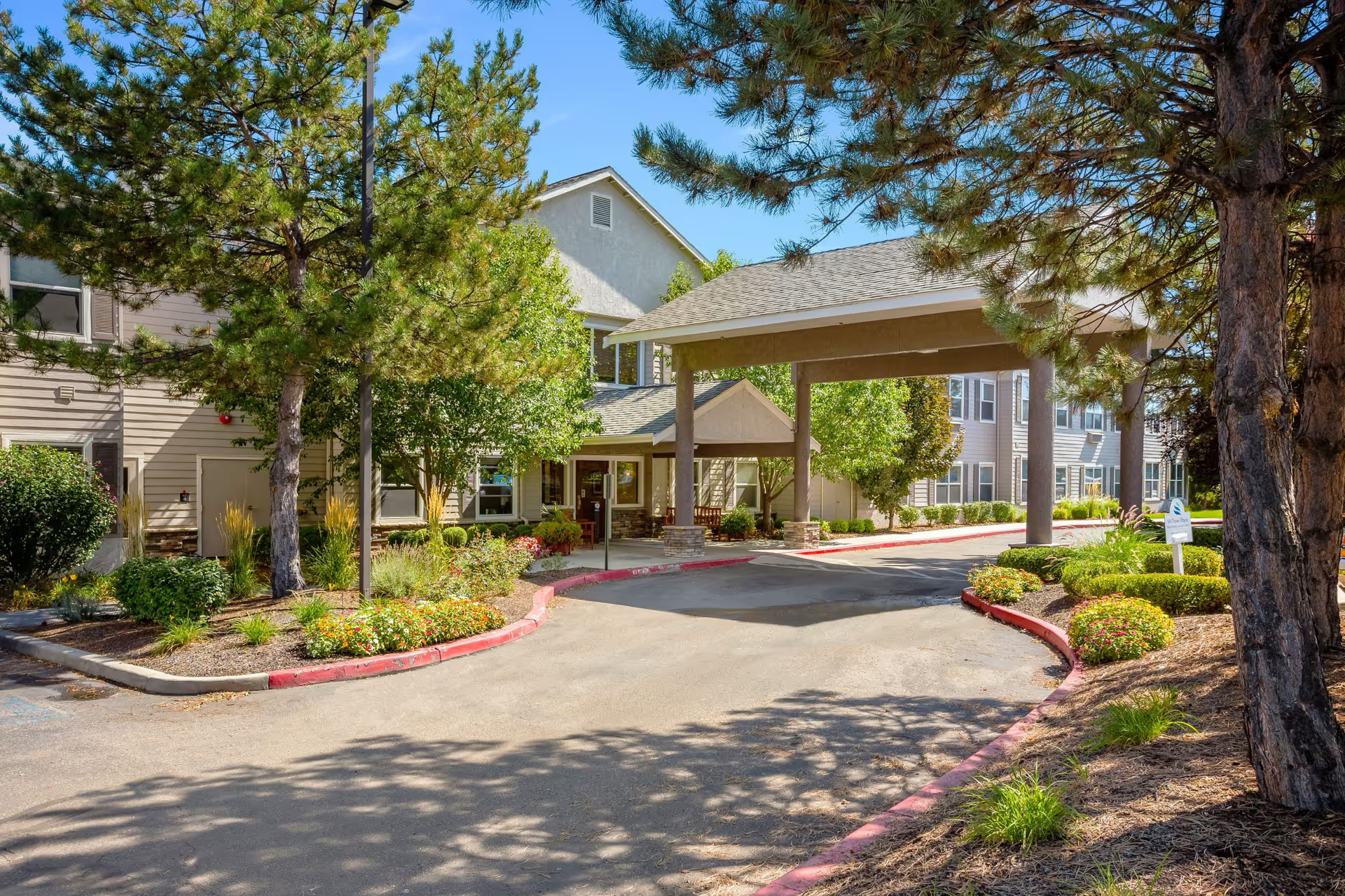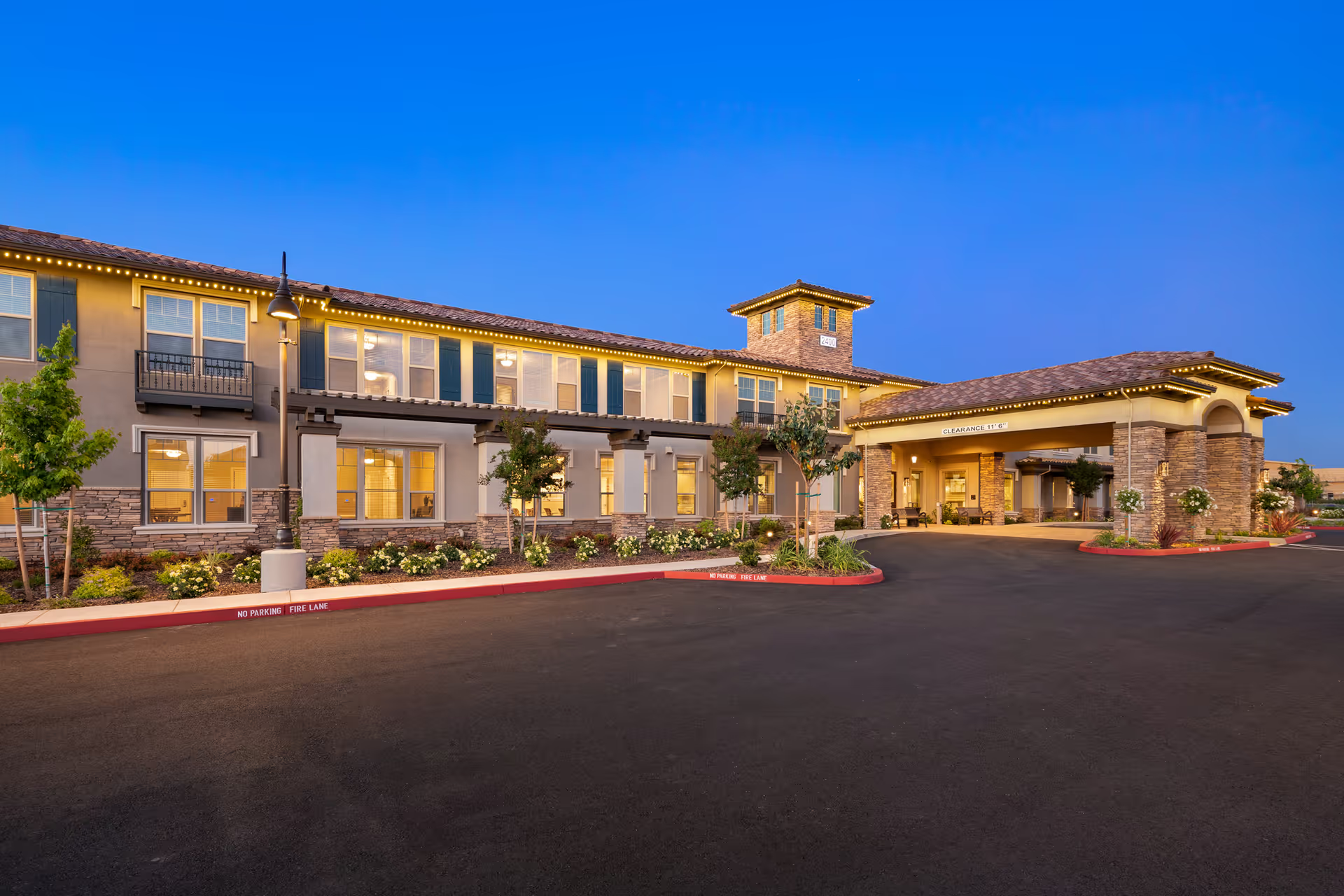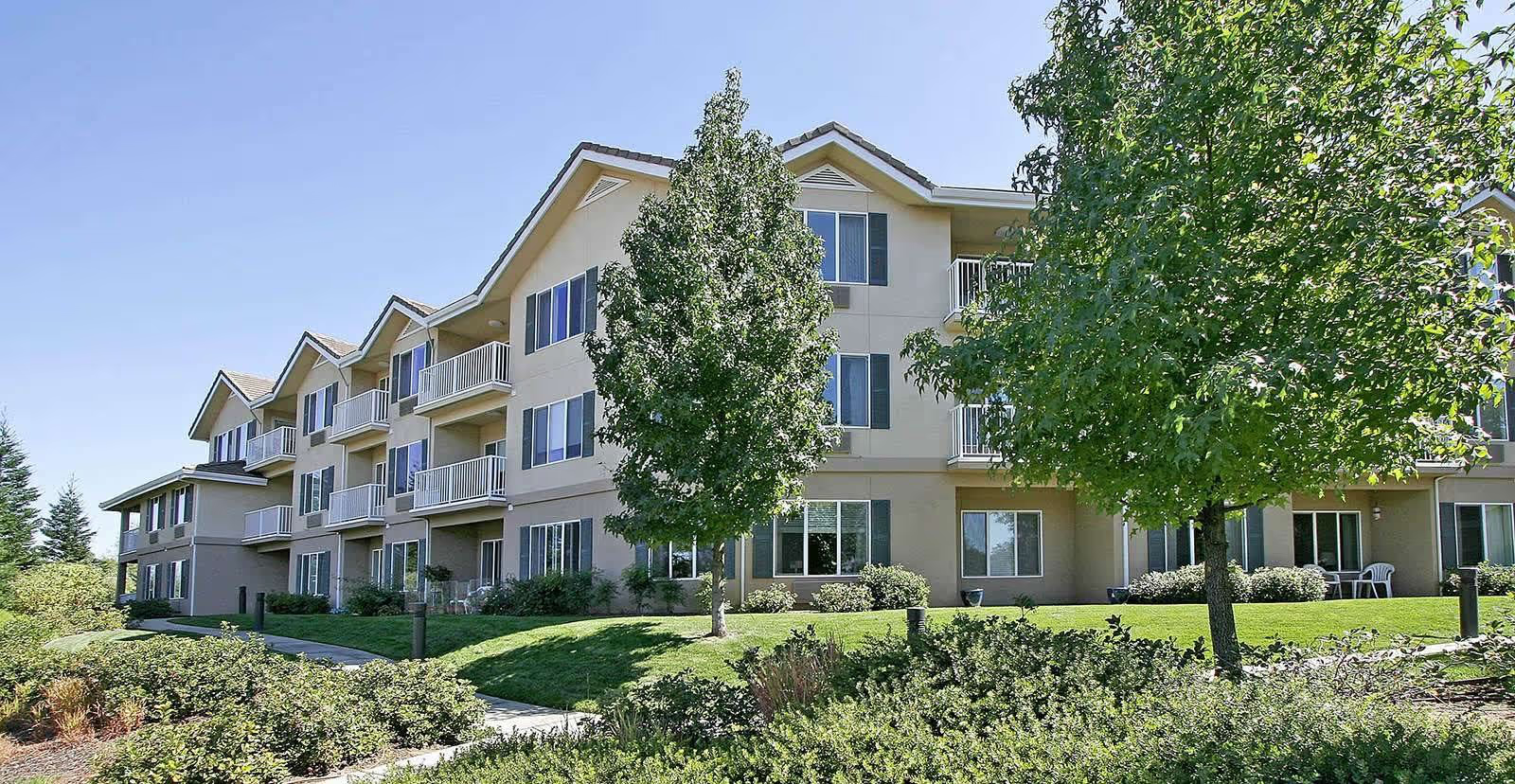Overall sentiment across the reviews is mixed but leans positive for assisted living services and community life, while showing repeated and specific concerns about the memory care unit. A large number of reviewers praise the staff, grounds, cleanliness, programming and the supportive, family-like atmosphere. Residents and families commonly cite welcoming and professional staff across departments (nursing, kitchen, activities, housekeeping, facilities, administration), personalized attention (staff knowing residents by name), and 24/7 availability. The facility’s grounds, courtyard, and raised garden beds are consistently highlighted as attractive features, and many reviewers describe updated, modern, and well-maintained common areas. The community is frequently described as smaller and homey, which many families appreciate for social interaction and individualized care. Pricing transparency, a multi-stage assessment process, and assistance with long-term care policy questions (including partnerships to interpret policies) are noted as helpful administrative strengths.
Care quality presents a split pattern: assisted living receives many strong endorsements while memory care reviews are often critical. Assisted living residents and families report improved quality of life, independence after medical events, safe environments, plentiful activities, and generally good food — with several reviewers specifically praising fresh, organic or gluten-free options. Many families expressed peace of mind and gratitude for staff support during transitions and illnesses. Conversely, the memory care unit is repeatedly singled out for problems: inadequate personal care (bathing, dressing, oral hygiene), insufficient or absent activity programming within the memory wing (residents often must leave the unit to participate), poorly maintained communal spaces (poor lighting, depressing decor), and meal-service issues (cold meals and limited choices for residents with dementia). Several accounts describe wandering with little engagement, aggressive behavior without sufficient programming to manage it, and recurrent staffing or training deficits focused on dementia care.
Staff and management impressions are generally positive but inconsistent. Numerous reviewers commend individual staff members and directors for compassion, patience, and going above and beyond, and several describe a helpful marketing/tour experience that eased move-in. At the same time, other reviewers report problems: staff turnover (including abrupt departures of marketing staff), a variable quality of interactions (some families encountered unhelpful or insincere managers), and concerning incidents such as alleged false accusations by a head nurse. Communication and follow-up are called out as areas needing improvement — families want more consistent updates, clear documentation of concerns, and better medical onboarding processes. A handful of reviewers also reported billing errors or services charged but not provided.
Facilities and amenities are repeatedly praised: clean rooms and common areas, attractive outdoor spaces, activity centers, and modernized dining and fitness offerings. That said, several reviewers mention variability across building areas — lower-level rooms can be dark, some studios and shared rooms are small, and wayfinding has been described as confusing. Planned upgrades to memory care or exercise rooms were mentioned but not always completed, and a few reviewers called out specific cleanliness problems (e.g., spa shared bathrooms or isolated odors).
Dining and activities are strong selling points for many families: the site offers a wide array of programs (yoga, dance, genealogy groups, cooking classes, crafts, bingo, puzzles, day trips) and staff-run events that foster social life. However, consistency is an issue: some reviewers find the menu repetitive or not accommodating to dementia-related needs, and multiple reports describe meals being served cold or with limited choices in the memory unit. Activity levels likewise vary by unit — assisted living typically has robust programming while memory care often lacks meaningful, in-unit engagement.
Notable patterns and practical takeaways: 1) Assisted living residents and families overwhelmingly report positive experiences with staff, safety, social life, and grounds; 2) Memory care experiences are mixed to negative in many reviews, with recurring themes of inadequate personal care, lack of activities, and environmental depressiveness; 3) Operational inconsistencies (staffing turnover, communication lapses, billing errors, and uneven training) contribute to variable family experiences; and 4) Transparency around pricing and move-in assessments is a plus, but prospective families should confirm specifics about the memory care staffing, training, and in-unit programming.
Recommendation for prospective families: visit multiple times and at different times of day, request to see the memory care wing during programming hours, ask for specifics on bathing and hygiene schedules, staff-to-resident ratios, dementia training, cuisine and food-temperature protocols, and recent turnover in key roles. Check billing practices and obtain documentation on what services are included. Many reviewers found the community excellent for assisted living but advise careful, targeted scrutiny of the memory care unit before deciding. Overall, GenCare Lifestyle Federal Way receives repeated praise for staff compassion, facilities and activities, with a clear and recurring signal that memory care requires careful evaluation and, in some reported cases, improvement.
